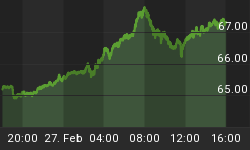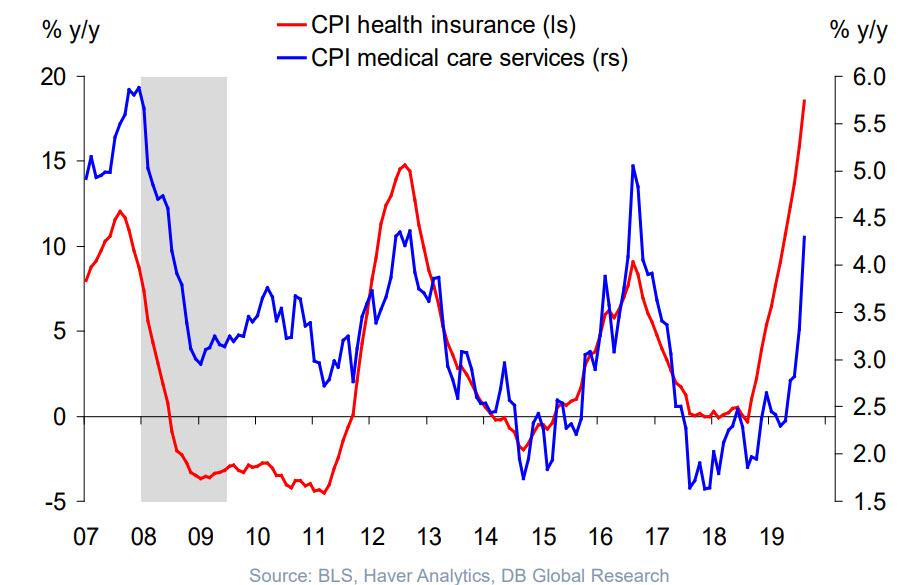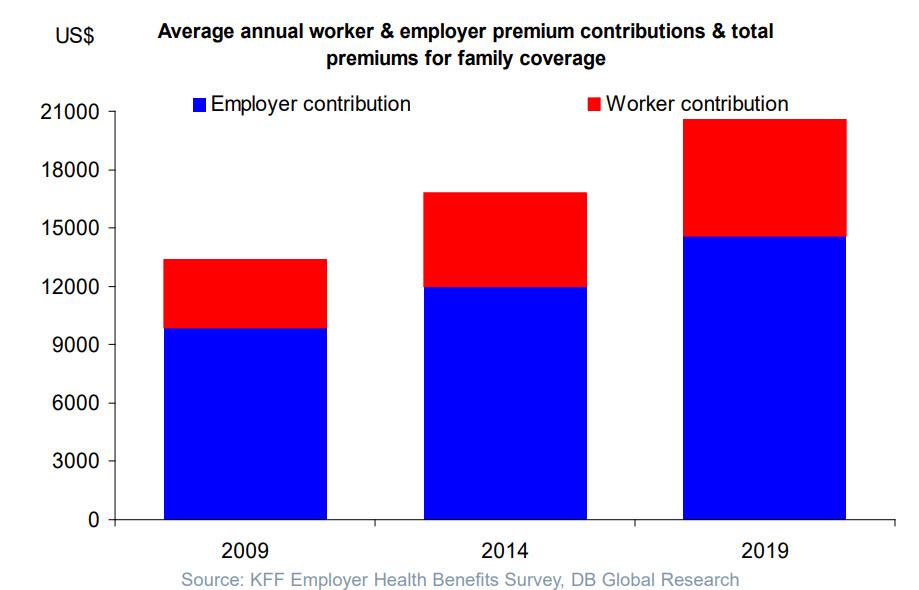In a move that will send shockwaves across the $3.5 trillion US healthcare industry, on Friday the Trump administration unveiled a plan that would - for the first time - force hospitals and insurers to disclose their secret negotiated rates, the WSJ reported.
In hopes of bringing some transparency and openness to a pathologically opaque industry, one which many have blamed for being behind the explosion in US underfunded liabilities to more than $100 trillion, administration officials said the final rule will compel hospitals in 2021 to publicize the rates they negotiate with individual insurers for all services, including drugs, supplies, facility fees and care by doctors who work for the facility. The White House would also propose extending the disclosure requirement to the $670 billion health-insurance industry. Insurance companies and group health plans that cover employees would have to disclose negotiated rates, as well as previously paid rates for out-of-network treatment, in computer-searchable file formats.
As the WSJ notes, the proposal covering insurers is the newest part of the price-disclosure initiative, and would include the private-employer market, where about 158 million people get their health insurance. Insurers and group health plans would have to put the negotiated rates into a file that third-party developers could incorporate into shopping tools. As with hospitals, insurers will have to create a web-based tool for beneficiaries that discloses the list price, the negotiated rate, cost-sharing, and the amount left on a plan deductible, as well as allowable out-of-network rates.
The requirements, which are more far-reaching than industry leaders had expected, could upend commercial health-care markets, which are rife with purposefully complex systems of hidden charges and secret discounts that enable the fleecing of either end-users or chronically underfunded government healthcare programs. The price-disclosure initiative has become a cornerstone of the president’s 2020 re-election health strategy, despite threats of legal action from industry.
“Right now there is too much arbitrage in the system,” a senior administration official said in an interview Thursday with The Wall Street Journal. “There are a ton of vested interests who will oppose this. We expect to get sued. We’re really goring people’s oxes.” Related: Ousted Uber CEO Cashes Out $500 Million In Stock
Hospitals and insurers typically treat specific prices for medical services as closely held secrets, with contracts between the insurers and hospital systems generally bound by confidentiality agreements. Policy makers, employers and patients are often unable to see clearly which hospital systems and doctor practices are driving high costs.
Ironically just a few days ago we showed why "US Healthcare Costs Are Exploding", and the primary culprit was soaring insurance and medical care service fees. If there is one thing that could potentially put a dent in this exponential surge, it is the elimination of all the various secret price deals and arrangements.
Why is transparency good? Because as studies have shown, consumers are often required to pay more out of pocket when they don’t have the price information they need to comparison shop. Employer health-plan deductibles are outpacing wage growth and have risen to an average $1,655 for a single plan, according to a September survey by the Kaiser Family Foundation. Workers on average pay $6,015 toward the cost of their coverage.
By Zerohedge.com
More Top Reads From Safehaven.com:


















